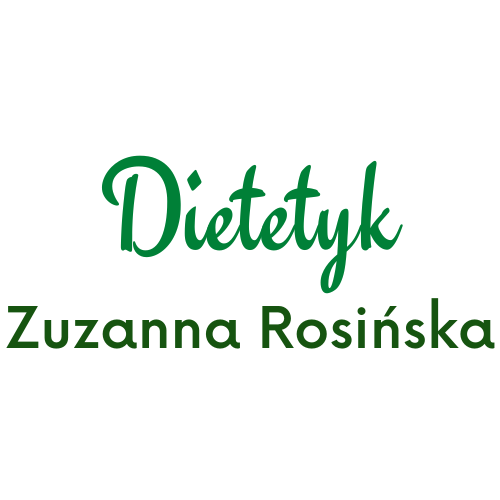Diet in migraine Bez kategorii
Diet in migraine – what to eat and what to avoid?
Migraine is a chronic condition characterized by a very severe seizure headache, with concomitant symptoms. This persistent neurological condition occurs in most cases in women.
The main symptom of migraine is a very severe headache, located in one place of the head, most often at the back of the eyeballs and the temple. During a migraine attack, pain may steadily increase or pulsate. The feeling of discomfort may increase during physical activity and daily activities involving a change in the position of the head relative to the height from the ground and the brain-spine axis. There may also be co-occurring symptoms such as nausea, vomiting, sensory hypersensitivity or tearing of the eyes.
Factors that aggravate the onset of migraine attacks include: prolonged and severe stress, hormonal disorders, prolonged fasting, starvation, weather changes (meteopaths very often suffer from migraine headaches), excessive odours and certain foods.
The most common cause of migraine attacks is the consumption of foods containing tyramine, which causes the release of norepinephrine from nerve endings, which may cause headaches and other foods that trigger pain.
Deficiency of magnesium, B vitamins, vitamin D, coenzyme Q10 and intestinal microflora disorders may also be the cause of seizure headaches. You may be tempted to supplement the above ingredients, but it is best to go to a specialist and perform appropriate diagnostic tests and find out the cause of frequent migraine attacks (they may be different).
Rules of diet with migraine headache
Regularity and regularity in the consumption of meals, their quantity and time intervals will reduce the ailments and the frequency of occurrence of migraine attacks.
The list of non-recommended products includes: chocolate, coffee, alcoholic beverages, ripened and moulded cheeses, products containing sodium glutamate, long-ripened meats, citrus fruits, ice cream, pickled herring, liver and food colours. These products contain substances such as tyramine, phenylethylamine, aspartame, nitrite, alcohol, caffeine or monosodium glutamate).
For a product that increases the risk of headache is white sugar, which causes a rapid release of insulin. So avoid all products containing white sugar, sweets, glucose-fructose syrup, concentrated fruit juices, dried fruits and light wheat.
